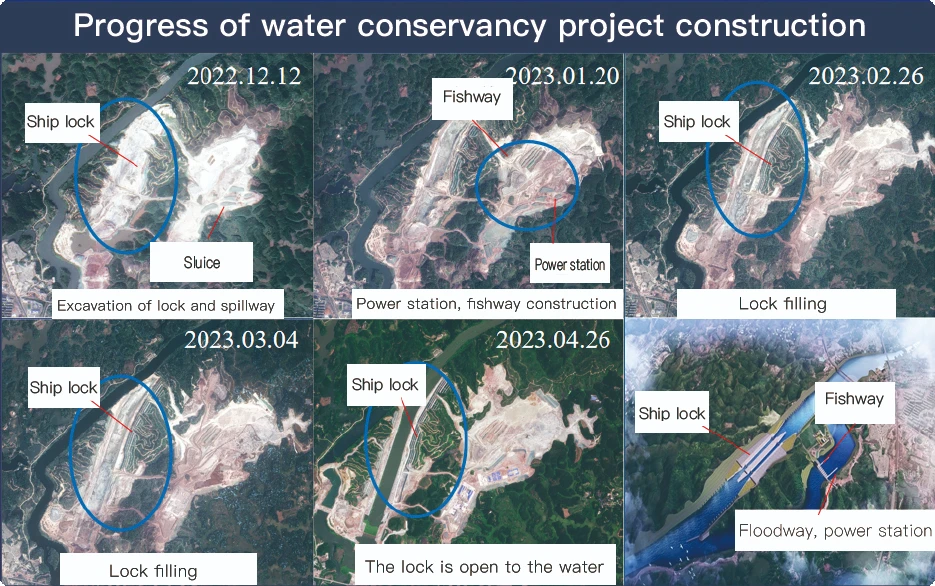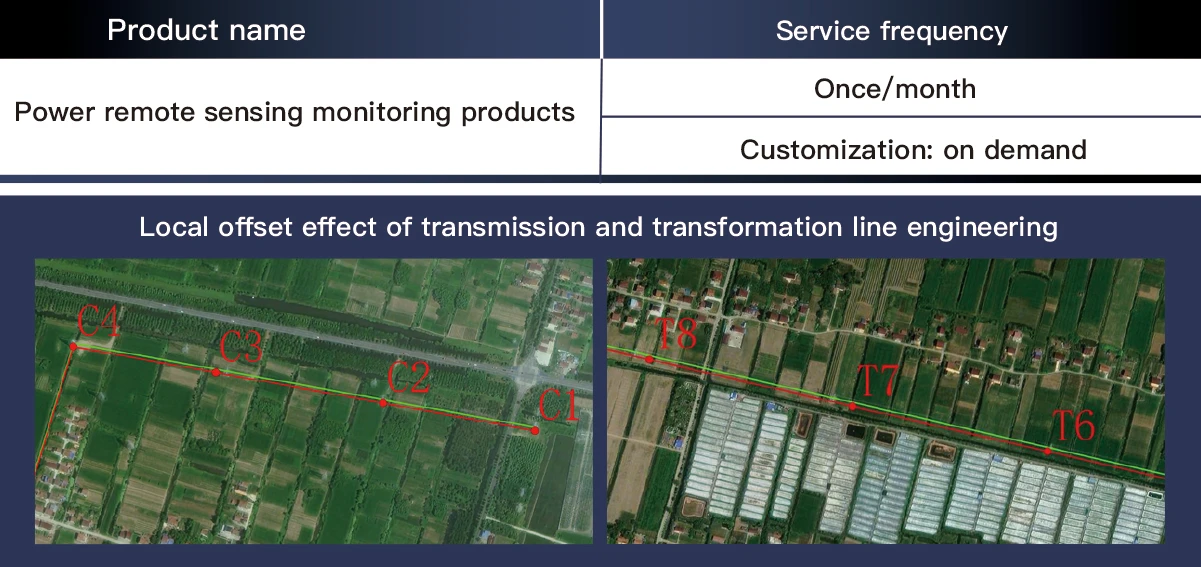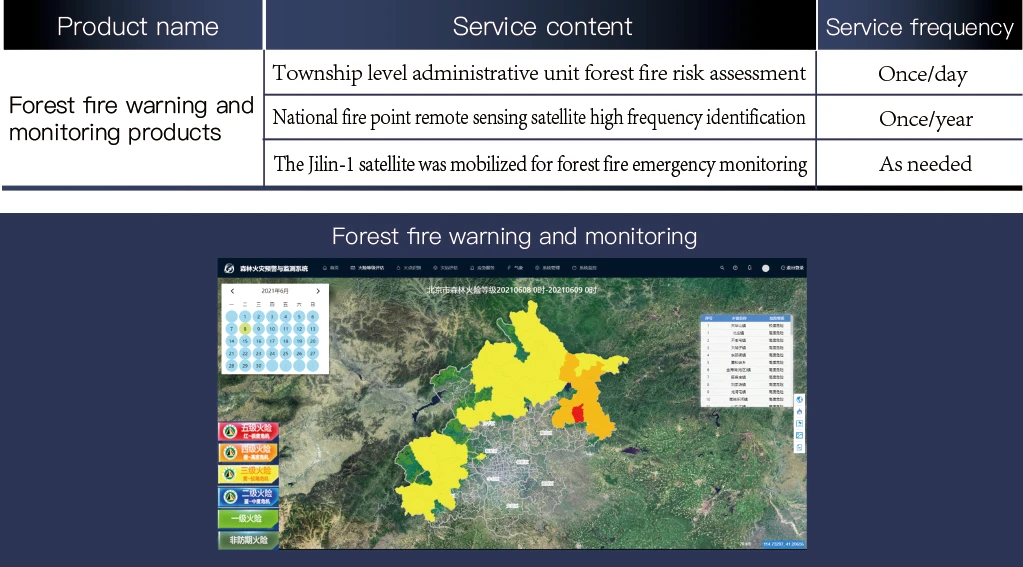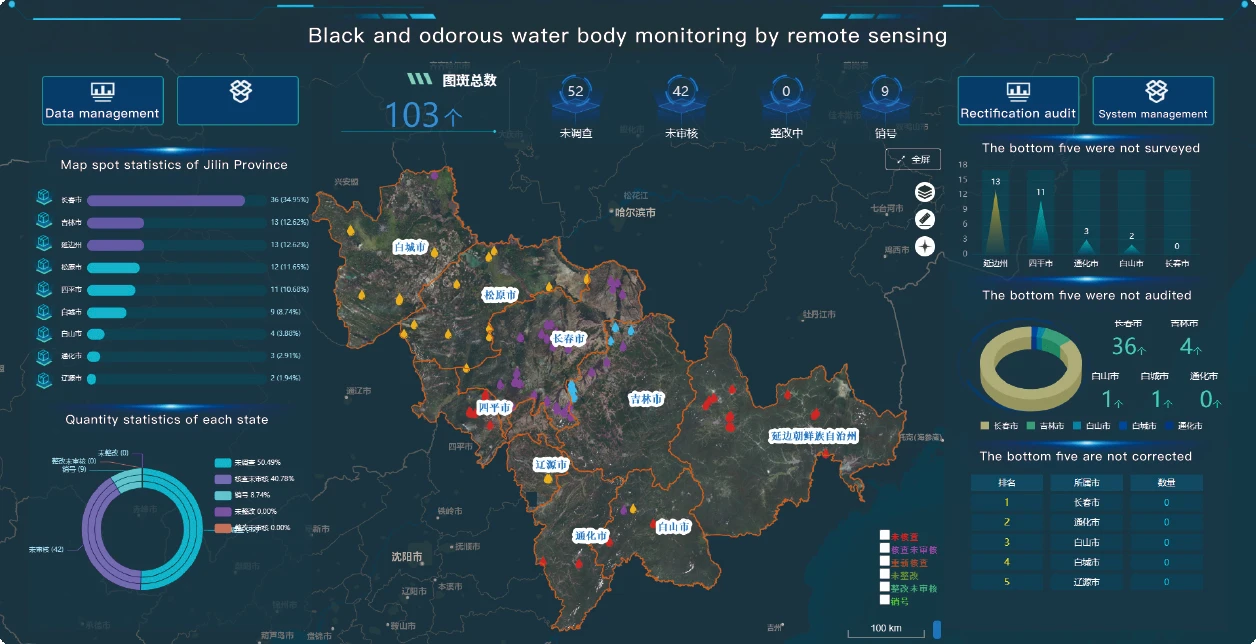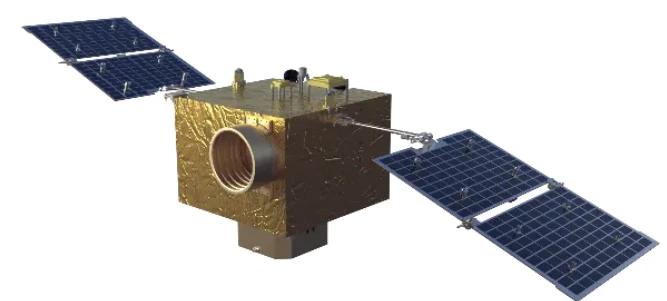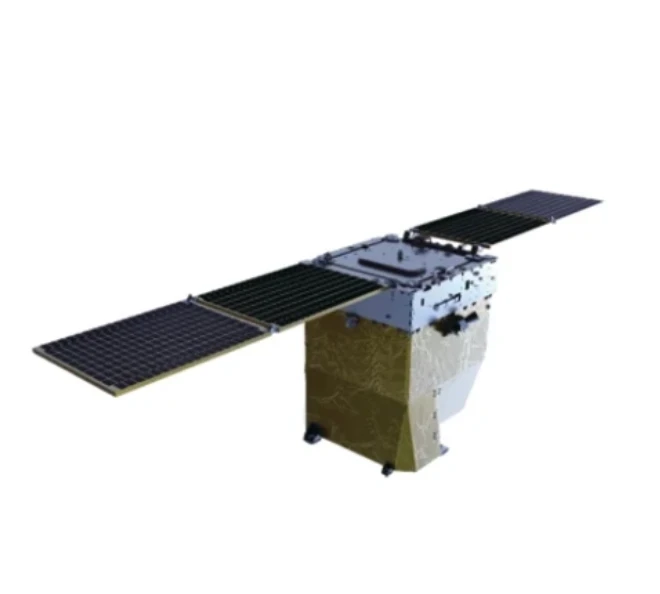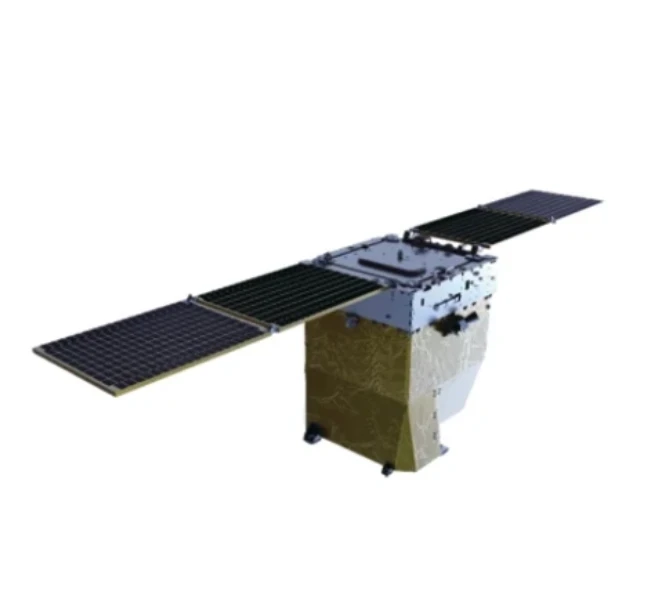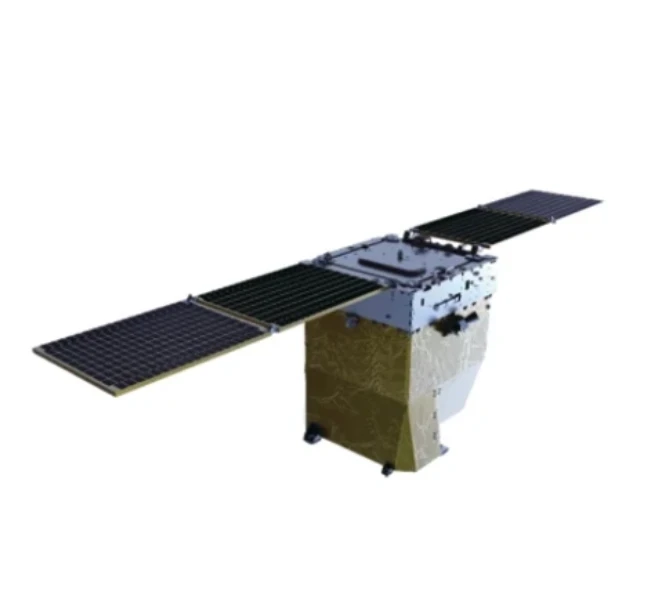
- африкалык
- Албанча
- Амхарча
- Арабча
- Армянча
- азербайжан
- Баскча
- Беларусча
- Бенгалча
- Бошнакча
- Болгарча
- Каталанча
- Себуано
- Кытай
- Корсикче
- Хорватча
- Чехче
- Датча
- Нидерландча
- Англисче
- Эсперанто
- Эстончо
- Финче
- Франсузча
- фриз
- Галицияча
- Грузинче
- Немисче
- Грекче
- Гужаратиче
- Гаити креол
- Хаусача
- Гавайча
- Еврейче
- Жок
- Miao
- Венгерче
- Исландияча
- игбо
- Индонезияча
- Ирландча
- Итальянча
- Жапончо
- Жанавизче
- Каннадача
- Казакча
- кхмер
- Руанда
- Корейче
- күрд
- Кыргызча
- Эмгек
- Латынча
- Латвияча
- Литвача
- Люксембургча
- Македонияча
- Малагаси
- Малайча
- Малаяламча
- Малтизче
- Маориче
- Маратиче
- Монголчо
- Мьянма
- Непаличе
- Норвежче
- Норвежче
- Occitan
- Пуштунча
- Парсча
- Полякча
- Португалча
- Пунжабиче
- Румынча
- Орусча
- самоа
- Шотландиялык галец
- Сербче
- Англисче
- Shona
- Синдиче
- Sinhala
- Словакча
- Словенияча
- Сомаличе
- Испанча
- сундан
- Свахиличе
- Шведче
- Тагалогчо
- тажик
- Тамилче
- татар
- Телугуча
- Тайча
- Түркчө
- Түркмөнчө
- Украинче
- Урдуча
- уйгур
- Өзбекче
- Вьетнамча
- Валлийче
- Жардам
- Идишче
- Йорубача
- Зулуча
жаңылыктар
Expanding the Capabilities of UAVs with COTS Technologies and Aerodynamic Innovations
In the fast-evolving aerospace and defense sectors, the integration of COTS (Commercial Off-The-Shelf) components into UAV designs has sparked a revolution. Simultaneously, advanced configurations such as the Dual-all-wing vtol uav and focus on optimizing Wind Resistance Level are reshaping what is possible in unmanned aviation. These developments are not only enhancing operational flexibility but also setting new standards in performance and cost-efficiency.
Enhancing UAV Performance Through COTS Integration
The adoption of COTS components has dramatically changed the landscape for UAV development. Traditionally, unmanned aerial systems relied on highly specialized, custom-built components that were expensive and difficult to source. By utilizing COTS technologies, manufacturers can now leverage mass-produced, proven solutions that reduce costs, shorten development cycles, and increase reliability. This shift allows UAV developers to focus more on innovative system integration and less on reinventing basic technologies. The versatility offered by COTS has expanded applications for UAVs across commercial, industrial, and defense sectors, facilitating faster technological progression and broader accessibility.
The Role of UAV Innovations in Modern Applications
Modern UAV technologies have moved far beyond simple aerial observation. Equipped with sophisticated payloads, intelligent navigation systems, and durable airframes, UAVs are now indispensable in industries ranging from agriculture to emergency response. As COTS technologies continue to enhance functionality, UAVs can be rapidly customized for diverse missions without the heavy investment traditionally associated with aerospace projects. The growing interoperability between UAV platforms and existing technological infrastructures has also driven their adoption in smart city monitoring, infrastructure inspections, and environmental conservation efforts.
Breakthroughs with Dual-all-wing VTOL UAV Designs
The Dual-all-wing vtol uav represents a significant breakthrough in unmanned flight architecture. Unlike conventional multirotor drones, the Dual-all-wing vtol uav combines the vertical takeoff and landing capabilities of a helicopter with the efficiency and speed of fixed-wing flight. This hybrid design allows for extended flight durations, greater payload capacities, and the ability to operate in confined environments without runways. By integrating COTS technologies into the control and propulsion systems, the Dual-all-wing vtol uav offers enhanced reliability, streamlined maintenance, and cost-effective scalability for a wide range of commercial and military applications.
Optimizing UAV Wind Resistance Level for Enhanced Stability
Achieving a superior Wind Resistance Level is critical for ensuring that UAVs perform effectively under diverse and challenging environmental conditions. Advances in materials science, aerodynamic design, and real-time sensor feedback have allowed UAV manufacturers to build platforms capable of maintaining stability and precise control even in strong gusts. The focus on Wind Resistance Level has become particularly important for Dual-all-wing vtol uav models, which must transition seamlessly between vertical and horizontal flight modes. Improvements in Wind Resistance Level not only enhance operational reliability but also open up opportunities for UAV use in adverse climates and remote regions where weather conditions can be unpredictable and harsh.
UAV FAQs
How do COTS components benefit UAV development?
COTS components benefit UAV development by lowering production costs, reducing time to market, and increasing reliability. By using proven, readily available technologies, UAV manufacturers can focus on enhancing system integration and functional innovation without excessive research and development costs.
What are the key advantages of a Dual-all-wing VTOL UAV?
The Dual-all-wing vtol uav offers the best of both rotary and fixed-wing aircraft. It enables vertical takeoffs and landings in tight spaces while achieving the speed and endurance of traditional fixed-wing flight, making it highly versatile for complex missions across varied terrains.
Why is Wind Resistance Level important for UAV operations?
Wind Resistance Level is critical for UAV stability and reliability, particularly in outdoor environments where weather can be unpredictable. A high Wind Resistance Level ensures that UAVs can maintain steady flight paths, perform accurate maneuvers, and complete missions safely even in strong winds.
How does COTS technology impact the future of UAVs?
COTS technology is poised to drive the next generation of UAV development by making sophisticated aerial systems more affordable and accessible. This approach encourages rapid innovation, cross-industry collaboration, and wider deployment of UAVs across commercial and public sectors.
What applications are ideal for Dual-all-wing VTOL UAVs?
The Dual-all-wing vtol uav is ideal for missions that require long-range flight combined with the flexibility to operate in confined spaces. Applications include search and rescue, cargo delivery, agricultural surveying, and military reconnaissance, especially in areas without traditional airstrips.

